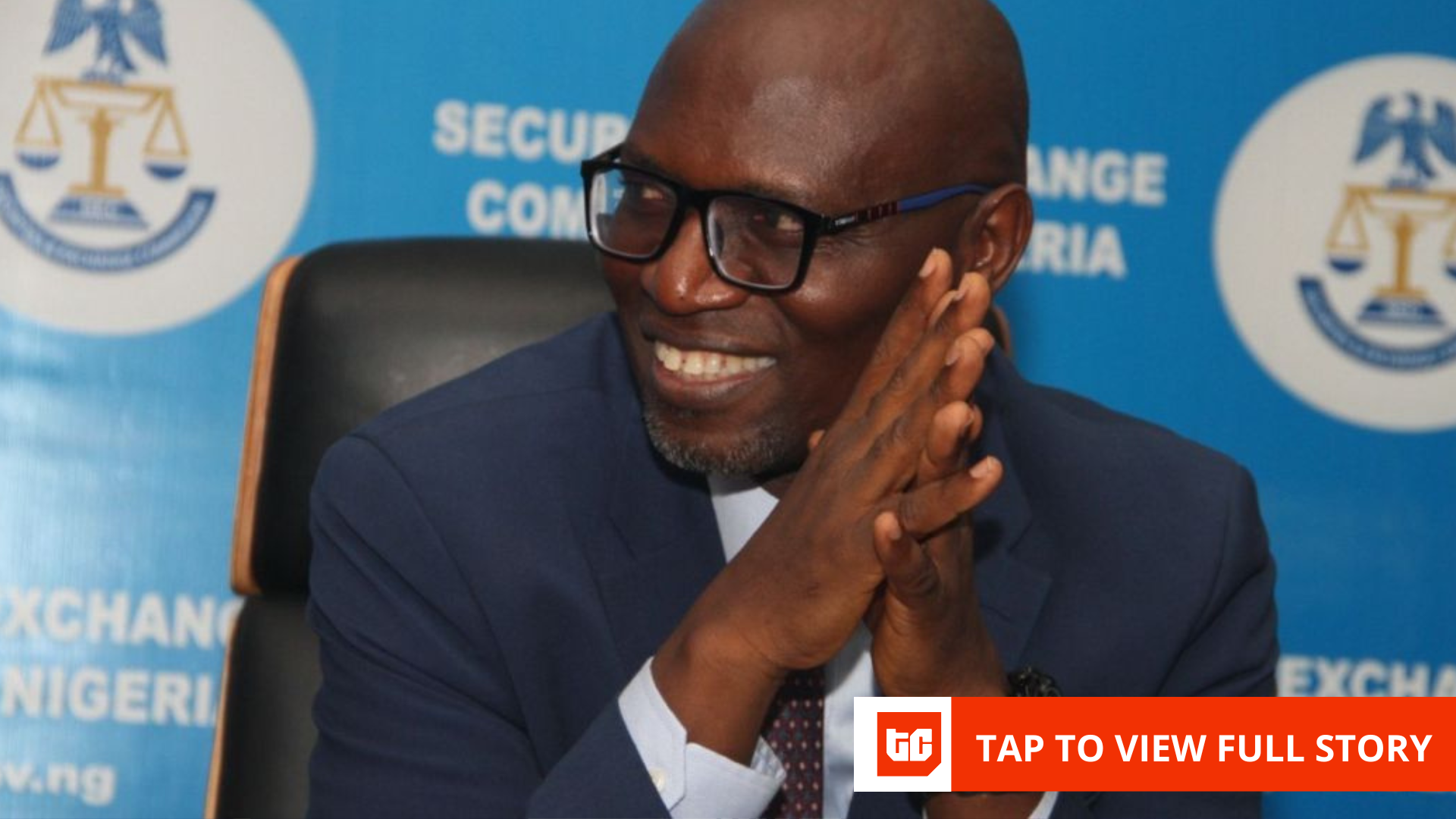Nigeria’s Securities and Exchange Commission (SEC) has delayed issuing new provisional licences to crypto startups under its Accelerated Regulatory Incubation Programme (ARIP), citing an additional layer of due diligence, its director general, Emomotimi Agama, said. The delay marks a setback for digital asset startups hoping for faster approval following the SEC’s December 2024 promise to speed up licencing.
Speaking at a virtual stakeholder engagement hosted by the FinTech Association of Nigeria (FintechNGR) on Monday, Agama admitted to the slow pace and apologised to applicants.
“Work has been going on underground. From the first batch of provisional licences [issued in August 2024], we have observed important issues we need to take care of,” Agama said. “Additional level of due diligence—what I call Level 3 due diligence—needs to happen before we can come out with the next set of provisional licences.”
Agama, however, did not provide a new timeline for when licences would resume.
He noted that gaps and challenges in the startup due diligence process still exist. The regulatory oversight of Nigeria’s crypto sector does not lie solely with the SEC. The commission is working closely with the Economic and Financial Crimes Commission (EFCC), the Nigerian Financial Intelligence Unit (NFIU), and the Office of the National Security Adviser (ONSA)—agencies with independent processes that the SEC “does not control,” according to Agama.
Since issuing provisional licences to exchanges Quidax and Busha in August 2024, the SEC has not approved any new applicants. Scores of startups that submitted applications under ARIP in June 2024 are still working with the regulator to better understand compliance requirements and develop consumer protection safeguards in a sector often likened to the financial “Wild West.”
The multi-agency co-ordination required for crypto regulation has significantly slowed the issuance of provisional licences, leaving many startups, particularly those awaiting the reopening of ARIP applications, stuck in regulatory limbo. These startups are expected to register with the SEC to legally operate within Nigeria’s digital asset space, yet the pathway remains unclear.
While the need for tighter scrutiny to curb money laundering and terrorist financing is justified, there is also an urgency for the regulator to move faster. Agama said the collaboration is a value the SEC wants to adopt more fully to provide a solid crypto regulatory framework. But for now, crypto startups may be in for a long wait before achieving the regulatory clarity they seek.
With the recent passage of the Investment and Securities Act (2025), signed into law by President Bola Tinubu—formally recognising cryptocurrencies as securities under the SEC’s jurisdiction—the groundwork for a more structured crypto ecosystem may finally be taking shape.










